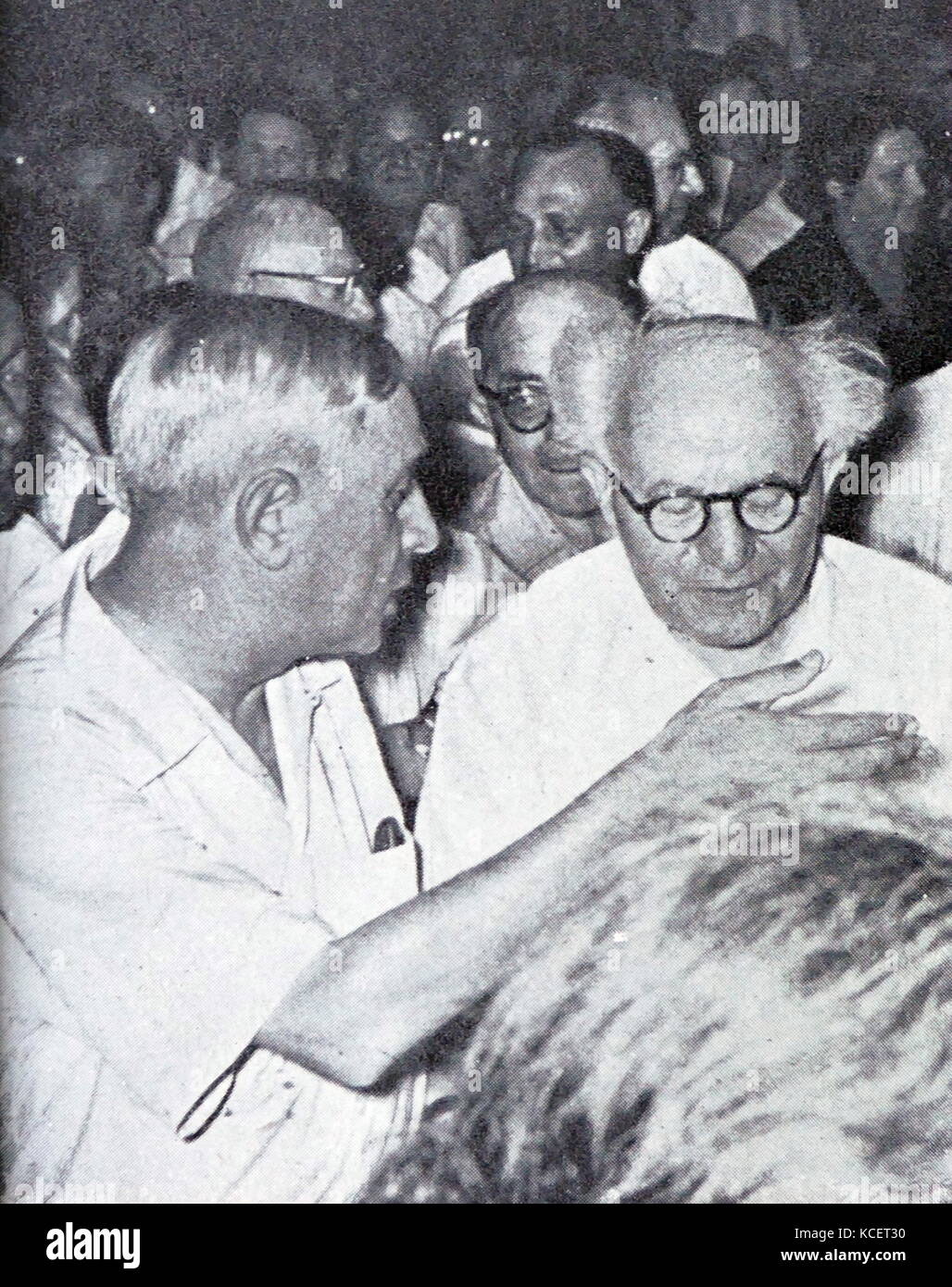The Deception That Backfired: Israel’s 1954 Scandal
In the sweltering summer of 1954, Israeli intelligence embarked on a daring covert operation, codenamed Operation Susannah, later infamous as the Lavon Affair. Their mission: to orchestrate a series of bombings in Egypt, pinning the blame on local groups and undermining Egypt’s relationship with the West. However, the plan went terribly wrong, exposing a web of deceit and triggering a political earthquake that continues to reverberate today.
Anatomy of a Scandal: What Was the Lavon Affair?
The Lavon Affair, also known as Operation Susannah, was a failed Israeli covert operation that targeted Egypt in the summer of 1954. At the heart of the operation was a scheme to carry out bombings in Cairo and Alexandria, disguised as the work of Egyptian nationalists – specifically, the Muslim Brotherhood. By creating an atmosphere of instability and anti-Western sentiment, Israel aimed to solidify its own standing with the United States and Britain while discrediting Egyptian President Gamal Abdel Nasser, who was seen as increasingly aligned with the Soviet Union.
Unraveling Operation Susannah: A Gamble for Influence
Israel’s motivations for Operation Susannah were deeply rooted in the geopolitical climate of the early 1950s. The Cold War was in full swing, and countries around the world were being pulled into the orbit of either the United States or the Soviet Union. Egypt, under Nasser, was seen as drifting toward the Soviet sphere, a development that alarmed Israel.
To counter this perceived threat and ensure continued Western support, Israel hatched Operation Susannah. The plan involved recruiting Egyptian Jews to plant bombs in civilian targets frequented by Egyptians, Americans, and Britons. The aim was to create the impression that Egypt was unable or unwilling to control anti-Western elements within its borders.
The operation, however, was fatally flawed. Several of the bombs detonated prematurely, alerting Egyptian authorities. A swift investigation revealed the Israeli hand in the plot, leading to the arrest and trial of the operatives. The fallout was immediate and devastating.
The Reckoning: Fallout and Lasting Consequences
The exposure of Operation Susannah sent shockwaves through Israel and beyond. Defense Minister Pinhas Lavon, whose alleged involvement in authorizing the operation remains a point of contention to this day, was forced to resign. The scandal, known in Hebrew as the “Esek HaBish” (“The Mishap”), deeply divided Israeli society, eroding public trust in the government and sparking fierce debates about accountability and the ethics of covert operations.
Internationally, the fallout was equally severe. The United States and Britain, though generally sympathetic to Israel, were furious at the betrayal. The incident strained relations and cast a long shadow over Israel’s international reputation.
The Lavon Affair continues to be a source of controversy and historical debate. Some argue that Lavon was a scapegoat, sacrificed to protect higher-ranking officials who had authorized the operation. Others maintain that Lavon was indeed responsible and that his resignation was a necessary act of accountability. The full truth of what transpired, and who ultimately gave the orders, may never be known.
The Lavon Affair’s Enduring Legacy
The Lavon Affair stands as a stark reminder of the perils of deception and the unintended consequences of covert operations. It also highlights the complex interplay of domestic and international politics, particularly in the pressure cooker of the Cold War era.
The affair continues to fascinate historians and political analysts, prompting ongoing research and analysis. Key questions remain: What was the full extent of the operation? Who were all the players involved? And to what extent did the Lavon Affair shape subsequent events in the Middle East?
While some aspects of the Lavon Affair may always remain shrouded in mystery, its impact on Israel, the Middle East, and the practice of espionage is undeniable. It serves as a cautionary tale about the limits of covert action and the importance of transparency and accountability in international relations.
Beyond the Headlines: Connecting the Dots
The Lavon Affair, while centered on Israel and Egypt, resonates with other historical events where covert operations and their implications came to the forefront. For instance, the Haymarket Affair demonstrates the volatile nature of labor movements, while the Herbert Macaulay Affair underscores the complexities of colonial rule. These events, though distinct in their specifics, offer valuable insights into the recurring themes of power, deception, and the struggle for justice.










